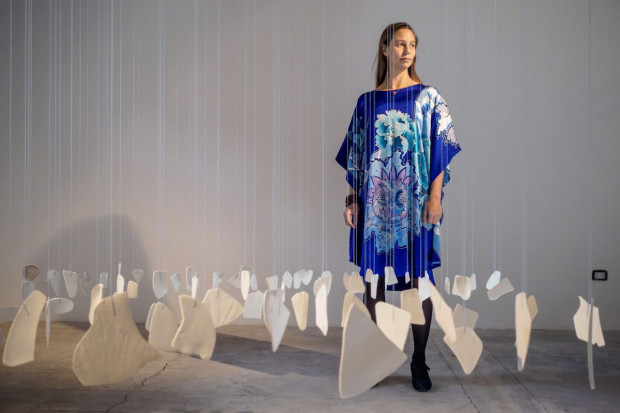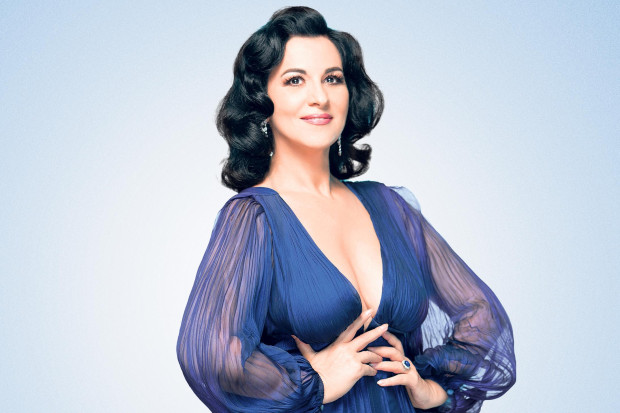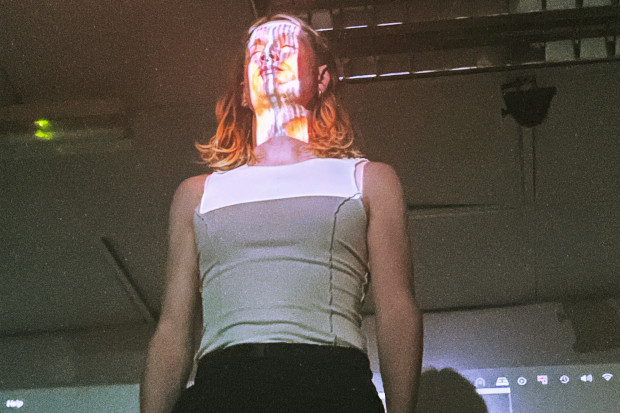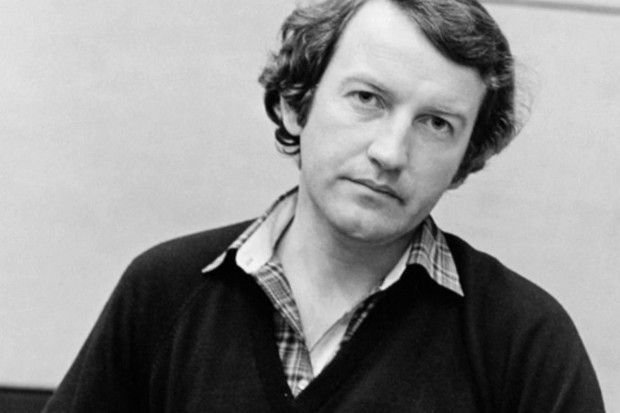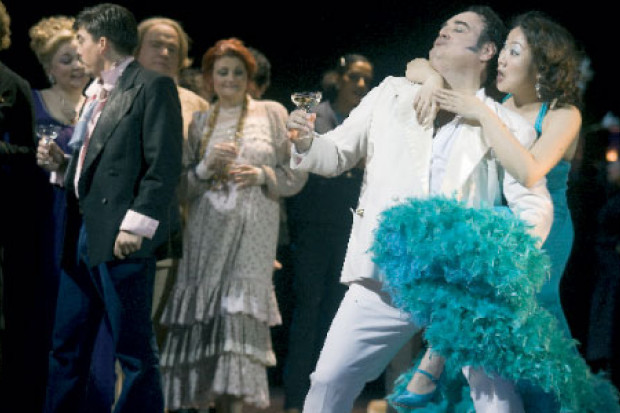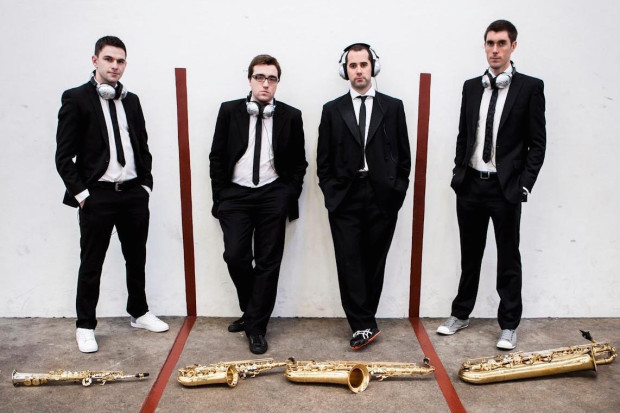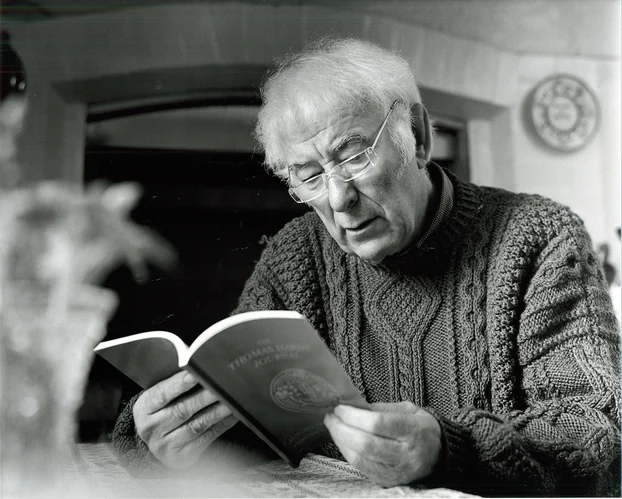
Seamus Heaney
Concert Review: RTÉ Vanbrugh Quartet – Works Commissioned for Seamus Heaney's 70 Birthday
RTÉ Vanbrugh Quartet
Irish Museum of Modern Art, Dublin
3 April 2009
In Stepping Stones, the book of interviews with Seamus Heaney conducted by Dennis O’Driscoll, the poet does not give the impression that he actively seeks out music, whether in concert or for home-listening. Though he does express regret at not having explored classical music more fully, and though John Field appears both in the interviews and in the poetry, it is through memories of convivial, song-filled nights in the company of the traditional singer and free spirit David (or Davy) Hammond that music figures most strongly. We may surmise that, as a poet who remains in touch with traditional form but questions the nature and value of his solitary art, Heaney found particular happiness in the instant community of artist and audience that Hammond seemed able to create.
If, therefore, as part of its celebration of Heaney’s seventieth birthday, RTÉ had invited singers Maighread Ní Dhomhnaill or Pádraigín Ní Uallacháin, the complaint that contemporary composers were being honoured with non-existence once again might have been muted. It was an imaginative and surprising move on RTÉ’s part to invite three Irish composers to respond, in the form of a string quartet each, to the Heaney poem of their choice. Interestingly, no composer chose – as was possible – to supplement the quartet with a singer. Did they feel that the poems were already verbal music of a high order? But so are Mallarmé’s, which didn’t stop Boulez, and Ligeti and Kurtág, who do not appear to have chosen dull texts in need of musical animation.
Be that as it may, there was a satisfying variety both to the poems chosen and to the music offered. Rachel Holstead’s piece, The Given Note, might at first (there was a flickering, dispersed quality to some passages) seem quite distant from Heaney’s world, but if we return to the poem in question, we find these lines: ‘Strange noises were heard / By others who followed, bits of a tune / Coming in on loud weather / though nothing like melody’. Such sounds are brought into dialogue with a keening line on the violin – not the haunting ‘Port na bPúcaí’ of the poem (though for a moment there seemed to be a hint of ‘Aithris an Scadáin Leasaithe’) but its equivalent in Holstead’s idiom.
According to Kevin O’Connell, his ‘Where should this music be?’ is built on the opposition in Heaney’s world between the realm of the earth and the airier place into which the poet moved in middle age, when he began to ‘credit marvels’ (‘Fosterling’). If this suggests a simple polarity – and the first violin sometimes sketched light skittering lines against richer, earthier tones – the musical interaction proved more complex and sustained. O’Connell’s strongly rhythmic, almost narrative writing seemed quite appropriate to the poet he was evoking.
AMM’s Keith Rowe has often fully integrated radio sounds into the group’s meticulously detailed improvisation. His disciples and, of course, a variety of contemporary composers have worked with similarly captured sounds. It was not Ian Wilson’s use of radio that was problematic, then, but more the way in which it failed to integrate with the quartet writing, being literally switched on, off and on again in rather schematic fashion. (Wind-up toys also figured at the end.) His piece, Across a clear blue sky, is grounded in ‘Anything Can Happen’, Heaney’s post 9/11 adaptation of Horace, and the string writing itself was in fact bolder and more technically varied than in some of his earlier works for the genre.
RTÉ will be pleased that their initiative bore fruit and the poet himself seemed genuinely pleased. To supplement this food for thought, we were afterwards plied with the most delicious, organic finger-food many of us had tasted on such an occasion.
Published on 1 June 2009
Barra Ó Séaghdha is a writer on cultural politics, literature and music.












